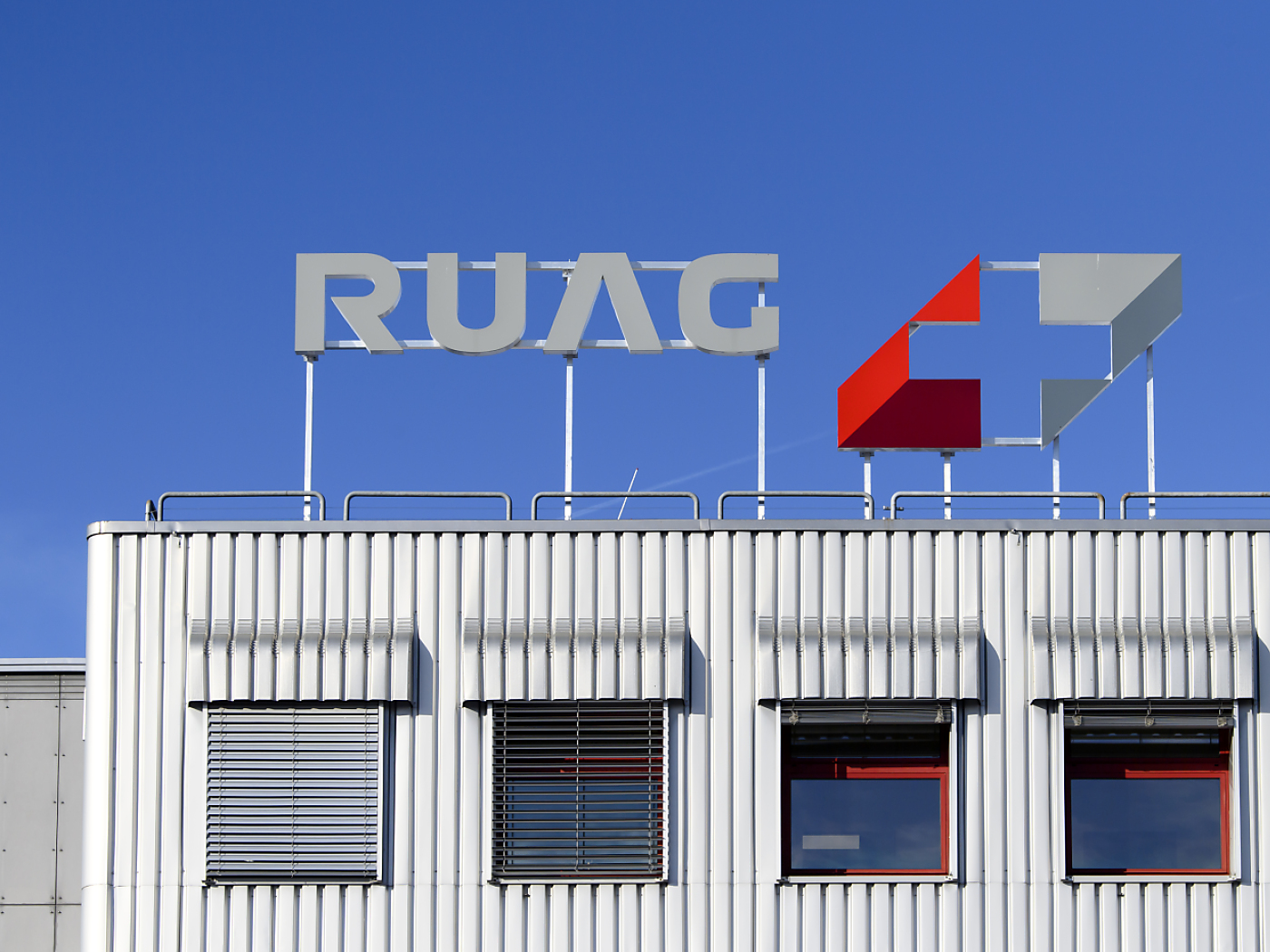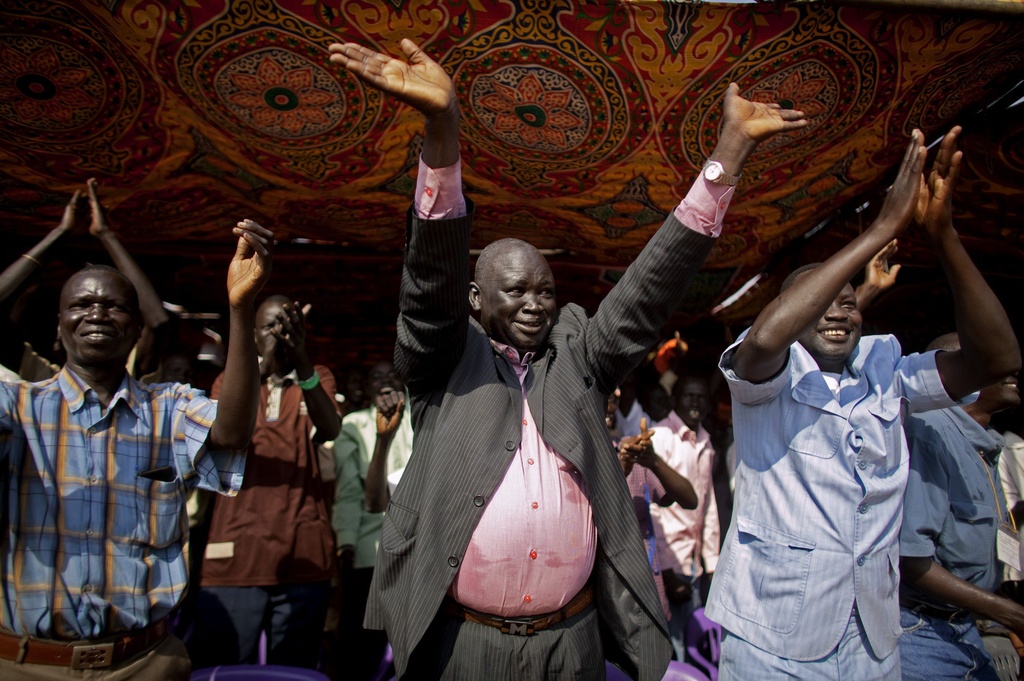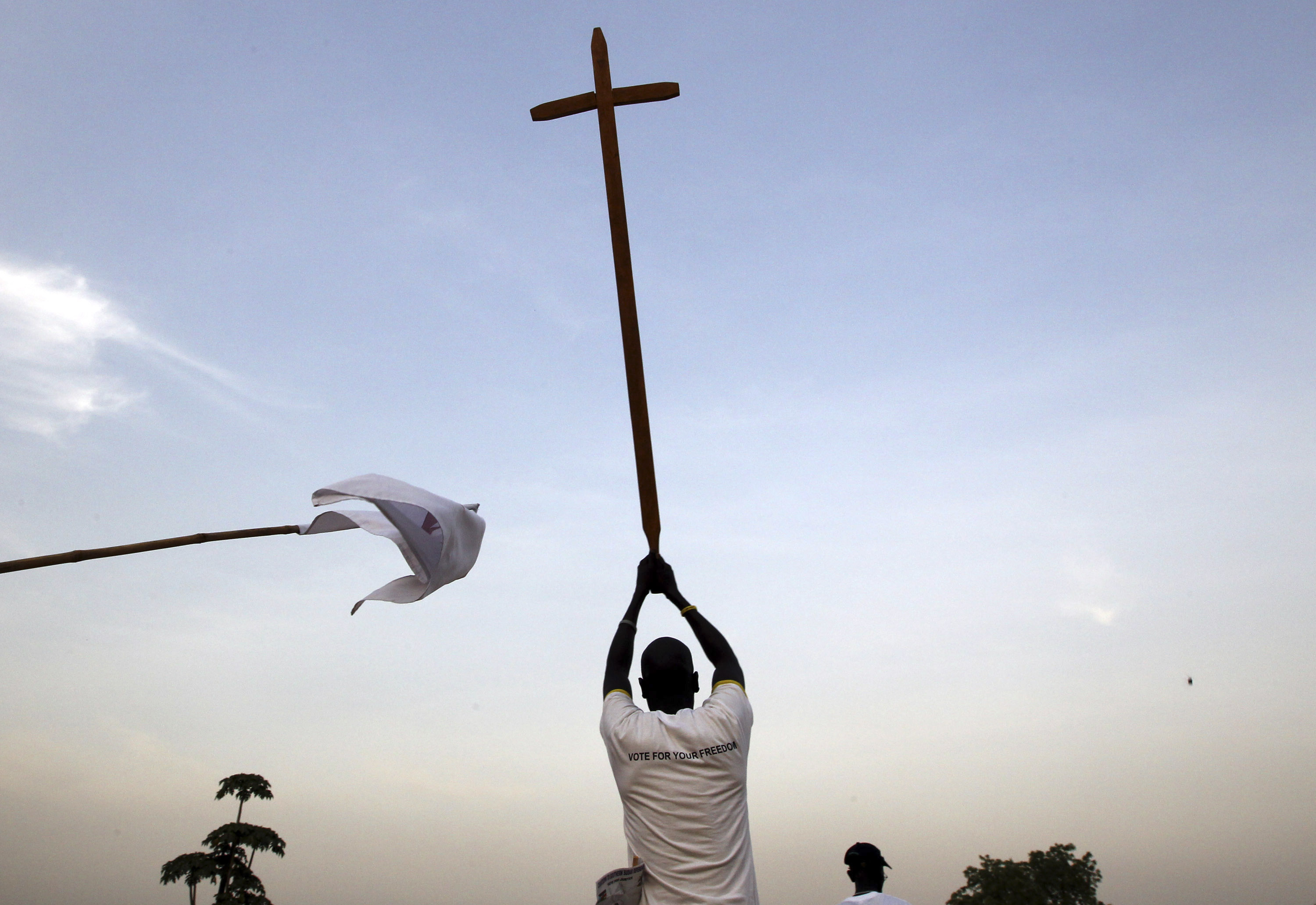Meeting high Sudanese expectations

Optimism abounds as Southern Sudan prepares to formally declare independence from the north on July 9, but great challenges remain ahead, a conference has heard.
Border and trade issues, the division of oil revenues and a lack of infrastructure were just some of the problems evoked at the meeting hosted by the non-governmental swisspeace at Bern University on Monday.
The Swiss special envoy to Sudan, Michael Winzap, said that northern Sudan would lose 20 per cent of its population, 25 per cent of its territory and 35 per cent of its financial resources when the southern part, which will be known as the Republic of South Sudan, declares independence.
“Political, economic and psychological loss could lead to popular discontent,” said Winzap.
Meanwhile in the south, development of infrastructure such as roads and electricity alone is expected to cost some $20 billion (SFr17 billion) for a government whose revenues are around $2 billion a year, said Jok Madut Jok, undersecretary in the southern government’s culture and heritage ministry.
“The expectations of the people are sky high for the government to deliver services, so there is a problem,” said Jok.
Borders, trade and oil
Trade and the border – still undefined ahead of July 9 – are crucial issues.
In recent months cross-border trade has slowed to a trickle, resulting in significant price hikes for essential goods, and accusations by the southern government that the north is restricting trade in revenge for the independence vote, Martina Santschi of swisspeace told the conference.
The director of the Peace Research Institute at Khartoum University, Mohamed Majoub Haroun, said while there remained some sticking points over border demarcation, significant progress had been made.
“What is much needed is to further facilitate trade across the border for the benefit of the people in the two states,” Haroun said. “There has been a long history of this kind of trade and neither side can do without this. It goes both ways.”
For both countries, ensuring the continuous flow of oil from southern reserves through northern pipes will be fundamental to economic success.
“Oil will be and must be the most important issue,” said Winzap. “I’m convinced they will find peaceful solutions. This will contribute to the peaceful development of the whole region.”
Haroun said political stability would be essential for encouraging foreign investment and ensuring the mistakes of the past were not repeated.
A new old state
“Sometimes we forget that the north will be a new country as well,” said Winzap. “For Switzerland it is important that we do not privilege one country over another.”
Haroun described the north, which will be known as Sudan, as a “new old state”, rather than a new country. He said that while the old Sudan had “quite advanced experience of having a democratic constitution”, involving the people in the creation of a new constitution for northern Sudan would be fundamental to its future as a peaceful nation.
He said the influence of the Arab Spring and democratic movements in countries such as neighbouring Egypt would help to ensure that democratic processes already begun would not be reversed.
Winzap said Switzerland had a role to play in helping the southern Sudanese establish a new central bank and currency, as well as developing sustainable democratic infrastructure.
“Our federal system works quite well. We don’t want to export it but it can be inspirational,” Winzap said.
Unity and diversity
Jok said involving the people in the creation of new institutions would be essential to fostering unity and a sense of nationhood in the fractured south. He noted that the country was comprised of 67 different ethnic groups, and rebellions had flared up in seven of the its ten states.
Where once the long struggle for independence had been a unifying force, the challenges now faced by southerners threatened to permanently divide them, he added.
“How do you make people feel part of a nation and not just a tribe?” questioned Jok. “If you like, we have to find a new north to oppose and create unity.”
The diversity of ethnic groups could also present similar problems in the north, Haroun said.
“The failure of our national elites to cater to diversity led to multiple armed conflicts in our country,” Haroun said. “The separation does not mean the issue has been addressed in either the north or the south. The fundamental requirement for a stable, peaceful future in both Sudans is peaceful coexistence between diverse multicultural groups in the countries.”
Jok asked if ethnic diversity was an asset or a liability. “If it is an asset, we have to spell it out and celebrate it. We have to say to people, you all have a stake in this,” he said.
“If we miss these opportunities in the formative years, South Sudan will answer the question ‘Is it a viable state?’ in the negative.”
Swiss-Sudanese relations
Switzerland recognised the independence of Sudan in 1956 and established diplomatic relations with Africa’s largest country in 1960. One year later the Swiss embassy opened in Khartoum.
Economic relations developed particularly from the 1950s on. Switzerland imported cotton and nuts and exported chemical products, machines and watches. In 1974 the two countries signed a convention encouraging and protecting investments.
The Swiss Agency for Development and Cooperation (SDC) has officially supported Southern Sudan since 2003 and the Darfur region since 2003, through the United Nations and international NGOs.
More recently, Swiss diplomats have been facilitating the exchange of expertise with the south on the establishment of a new central bank and currency and on federalism.
Source: Swiss foreign ministry
First conflict:
The first civil war between the north and south of Sudan broke out in 1955, one year before Sudan gained independence from British-Egyptian rule.
500,000 dead:
The north-south war intensified at the beginning of the 1960s. Around half a million people were killed in the first war.
Peace:
The southern rebellion signed a peace agreement with the government of Khartoum in 1972 at Addis-Ababa. The agreement did not grant the south the right to hold a referendum on independence but guaranteed the creation of an autonomous region.
Second conflict:
The dissolution of the semi-autonomous government of Southern Sudan in 1983 by Khartoum plunged the north and south into a second civil war in which two million people died.
Peace:
The war ended in 2005 with the signing of a peace accord. Six months later the leader of the southerners John Garang was killed in a helicopter accident.
Referendum:
The referendum on self determination for Southern Sudan took place from January 9 to 15. Three Swiss acted as election observers.
Independence:
Southern Sudan will formally declare independence from the north on July 9, 2011.
Sources: AFP and swissinfo.ch

In compliance with the JTI standards
More: SWI swissinfo.ch certified by the Journalism Trust Initiative












You can find an overview of ongoing debates with our journalists here . Please join us!
If you want to start a conversation about a topic raised in this article or want to report factual errors, email us at english@swissinfo.ch.